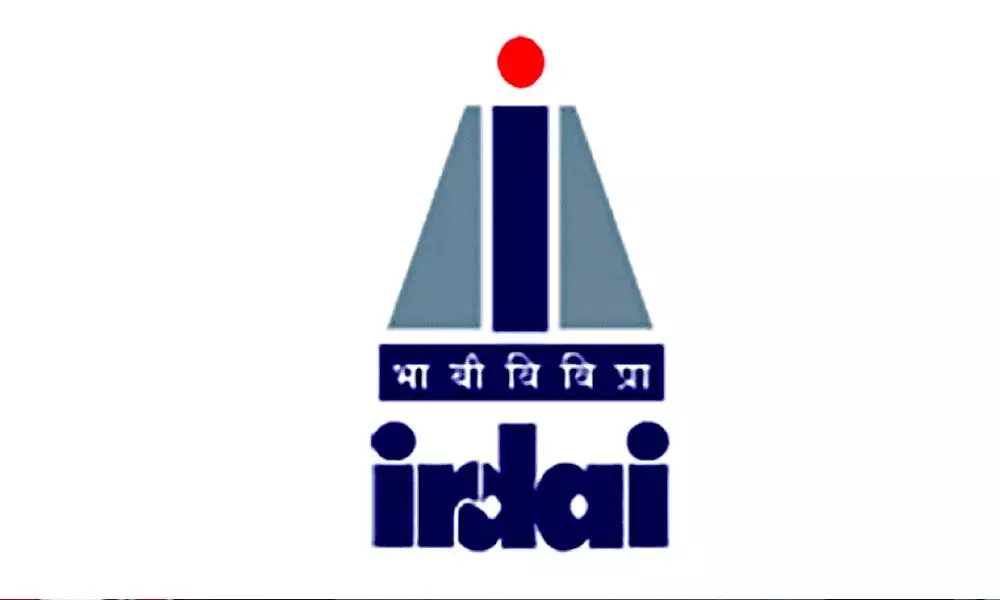IRDAI to focus on principle-based regulation rather than rule-based norms
The insurance industry has matured enough during its journey spanning more than 2 decades since its opening up and they know the rule of the game better now, says Debasish Panda, chairman, IRDAI
image for illustrative purpose

Mumbai: Regulations will be principle-based, rather than rule-based. The idea was that the industry has matured enough during its journey spanning more than two decades since its opening up and they know the rule of the game better now. This was the observation made by the newly appointed IRDAI chairman, Debasish Panda in his first interaction with media here today.
Panda made it clear that the IRDAI will be having light regulation and tech-based supervision. He made it clear that the regulator was also reviewing the Rs 100 crore amount which was the minimum requirement for any new player to begin the venture.
Panda, who took over as the chairman of the Irdai last month, after retiring as secretary, department of financial services (DFS), Ministry of Finance (MoF), said that the regulations should spur positive development of the industry.
In a bid to bring about a cordial relationship between the IRDA and the industry, he has assured insurers that there will be regular in-person meetings between CEOs and top IRDA officials in every two month in different parts of the country.
Insurance penetration is measured as the percentage of total life insurance premium paid in a year to GDP. Insurance density is calculated as the ratio of premium to population (measured in USD for convenience of international comparison). When it comes to overall insurance penetration which includes both life and non-life insurance in India, the insurance penetration was 2.71 per cent in 2001 and has steadily increased to 4.2 per cent in 2020.
As of 2020, non-life insurance penetration was 1 per cent. While India has now reached close to the international average in terms of insurance penetration for life insurance, we lag behind in terms of non-life insurance. Globally, insurance penetration was 3.3 per cent for the life segment and 4.1 per cent for the non-life segment in 2020.
Emphasising that there should be new products for millennials, Panda hinted of coming up with new channels of distribution in future. He indicated that the IRDAI was currently busy looking at pros and cons of the life insurers' demand for allowing them to launch indemnity health insurance products. As per the existing system, the life insurers are able to sell only benefit health insurance products.

